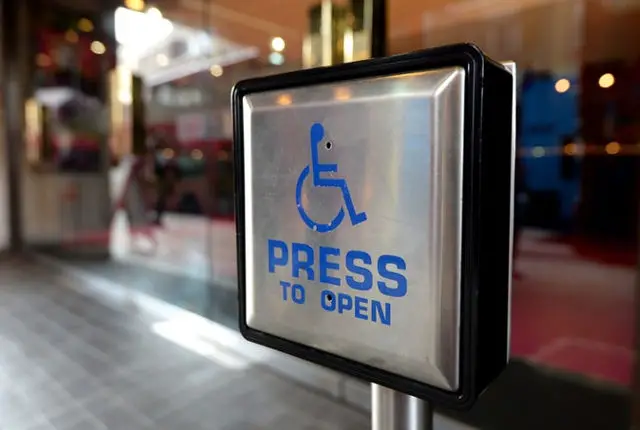A fifth of people on the Isle of Wight receiving disability benefits have had their payments stopped, as part of the roll-out of a new system.
Charity Scope said that many disabled people are “losing out on vital support” under the new system, which it says is beset with problems.
Since 2013, the Government has been moving claimants from Disability Living Allowance to the Personal Independence Payment.
730 DLA claimants turned down for PIP
On the Isle of Wight, 20% of Disability Living Allowance claimants failed the assessment for PIP.
According to the Department for Work and Pensions, 3,503 people on the Isle of Wight have applied to switch from DLA to PIP since it was introduced, and 730 of them were turned down.
What is Personal Independence Payment?
Like Disability Living Allowance, the Personal Independence Payment is a tax-free, monthly benefit to help disabled people with the costs of living and transport.
Claimants can get a maximum of £83.10 for daily living costs and up to £58.00 if they have mobility issues or need help with getting around – a total of £141.10 a week at the highest level.
The DWP decide how much to award based on a ‘How your disability affects you’ form and a points score from the face-to-face assessment, as well as any supporting evidence that the claimant provides.
Failing face-to-face assessments
On the Isle of Wight, the most common reason for applicants losing their disability benefits was failing the face-to-face assessment.
Assessors turned down 467 claimants after the assessment, and 106 people for failing to turn up to the appointment.
A further 152 people were turned down because they did not send in the correct form on time.
Scope: Disabled people losing out on vital support
Scope said that it regularly speaks with disabled people who are put off by the complexity and stress of applying for PIP.
A spokesperson said:
“It is deeply worrying that so many disabled people are losing out on vital support when being reassessed for PIP.
“The entire system needs to be much more focused on the needs of the individual.
“With record levels of appeals against decisions successful, the whole decision making process is beset with problems.”
Face-to-face assessments labelled “punishing and traumatic process”
In 2017, a survey by Disability Rights UK found that many claimants thought that the face-to-face assessment was “a punishing and traumatic process”.
Survey respondents said that assessors were “ill-informed and not suitably knowledgeable of the disability they are preparing to assess”.
DWP: “PIP is a fairer benefit”
The DWP said that under PIP, 31% of successful applicants get the maximum rate, compared to 15% under DLA.
A DWP spokesperson said:
“PIP is a fairer benefit, which takes a much wider look at the way an individual’s health condition or disability impacts them on a daily basis.
“Therefore someone claiming DLA is not automatically entitled to PIP.
“We’re committed to ensuring that disabled people get the support they need, which is why we’re spending nearly £53 billion this year on benefits to support them – a record high.”
Across England, more than 3 million people lost their disability benefits after applying for PIP.
Article shared by Data Reporter as part of OnTheWight’s collaboration with Press Association and Urbs Media





